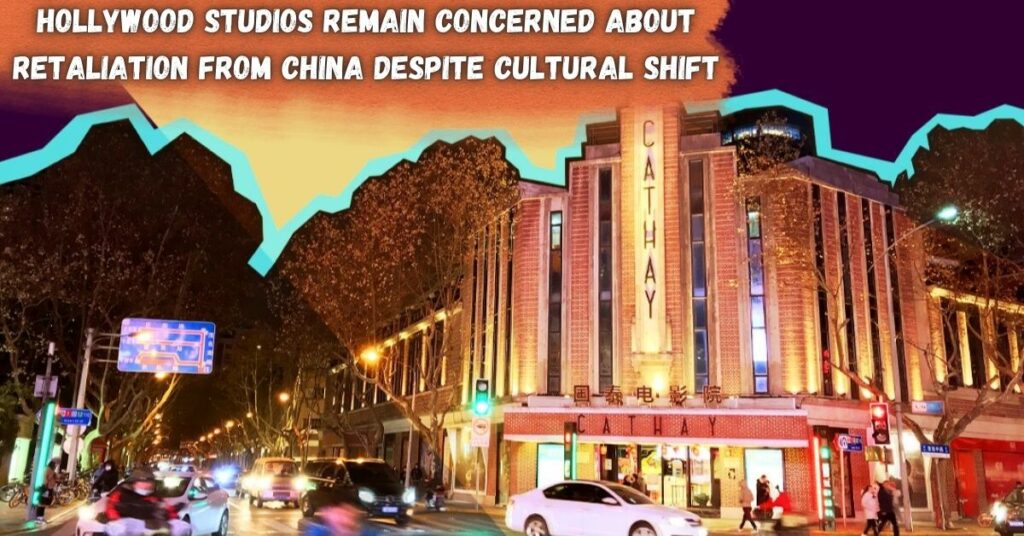Hollywood studio heads recently met with Rep. Mike Gallagher (R-WI), who chairs the House Select Committee on the Chinese Communist Party, to discuss the studios’ numerous business dealings with China. These discussions, in Gallagher’s view, proved that Hollywood studios are still concerned about the responses they might receive from the Chinese government.
In an interview with Deadline, Gallagher expressed amazement that “there’s still a genuine fear of reprisal in Hollywood.” When Gallagher questioned studio executives about whether or not they would recognise the Uyghur genocide conducted in Xinjiang by the Communist Party-led government, they all said they were unwilling to do so.
They are well aware that other countries would take similar action in response to the production of such a film. In an act of vengeance, they would seek to treat the entire studio the same way they had previously treated actors like Richard Gere and others who had supported the cause of Tibet.
The Re-Entry of Hollywood Films into China
Starting during the height of the coronavirus (COVID-19) pandemic and the party’s centennial, the Communist Party (CCP) emphasized promoting nationalist emotions and devotion to the CCP, which resulted in a dramatic cultural shift throughout China.
Cinemas thus screened only propagandist films, homegrown works, and a trickle of Hollywood releases. Thanks to movies like The Super Mario Movie and Shazam!, the restriction was eventually overturned. Quantum-themed movies like “Fury of the Gods” and “Ant-Man and the Wasp” are popular in China.
Hollywood insiders reportedly thought that the return of Disney CEO Bob Iger would lead to warmer relations between Hollywood and China earlier this year. Despite the fact that some have given Iger credit for reentering the Chinese market, Disney has since said that the timing of Iger’s return as CEO and Disney’s return to China is completely coincidental.
You can also read our article here:
- Alibaba’s Jack Ma Returns to China as the Government Tries to Calm Private Sector Anxieties
- 25-year-old Woman Accused Of Daylight Robbery Close To Chinatown
In an effort to keep more access to the Chinese market, Disney and Hollywood have built a pattern of self-censorship over the past three decades, and Iger was one of the people who met with Gallagher and the committee to discuss this issue. Reportedly, Iger said that accommodating cultural or political requests requires a value judgment, and that the company doesn’t always get it right.
As a result of the self-censorship controversy, Hollywood studios have come under close scrutiny. The Chinese government has been accused of exporting its beliefs and policies through the video game industry by politicians, activists, and others who claim that the studios have censored or used specific graphics in recent games.
For instance, Dreamworks’ Abominable and Sony’s Uncharted were both criticized in South East Asia for including the “nine-dash line,” which Chinese officials have advocated as a tactic of weakening the territorial claims of neighboring countries. The filming of Disney’s Mulan drew criticism for taking place in Xinjiang, where the Chinese government has been accused of carrying out a genocide against the Uyghur people.
Get the latest news and more from the California Examiner – just follow their Twitter handle!
